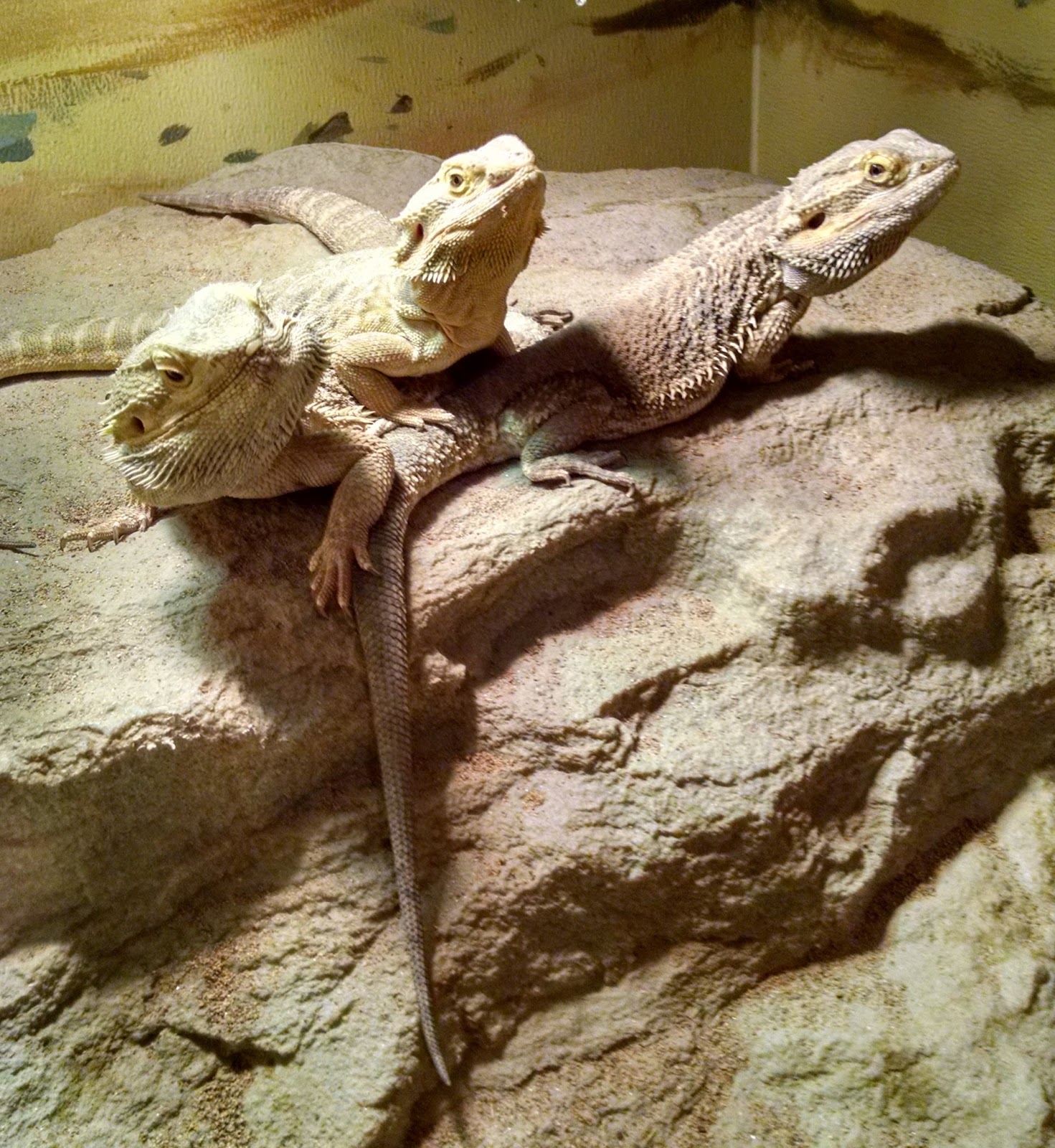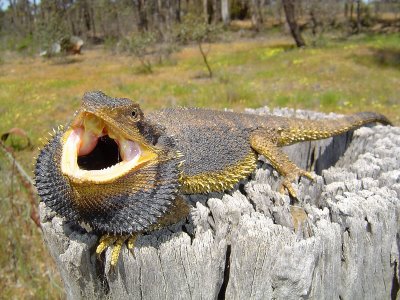Bearded Dragon Teeth: What You Need to Know
Bearded Dragon Teeth: What You Need to Know

Bearded dragons are fascinating creatures with a lot of unique features, and their teeth are no exception! As a beginner bearded dragon owner, it’s essential to understand everything there is to know about your pet’s teeth - from how they’re structured to how to take care of them properly. This blog post will cover all of the key points you need to know about bearded dragon teeth.
Types of Teeth in Bearded Dragons

Bearded dragons have three types of teeth: incisors, canines, and molars. The incisors are small, sharp teeth located at the front of the mouth and are primarily used for grasping and cutting food. The canines are longer and sharper than the incisors and are used for tearing and holding prey. The molars are located further back in the mouth and are used for grinding and crushing food.
How Bearded Dragon Teeth Are Structured

Bearded dragon teeth are unique in their structure. Their teeth are actually replaced throughout their lives, with new ones growing in to replace old, worn-out teeth. Additionally, the teeth are shaped in such a way that they continually grow, allowing the bearded dragon to maintain a sharp, functional set of teeth throughout its life.
How to Take Care of Bearded Dragon Teeth

Taking care of your bearded dragon’s teeth is relatively simple. One essential aspect of dental care is ensuring that your bearded dragon is eating a healthy diet. Feeding your bearded dragon a varied diet that includes a mix of protein, vegetables, and fruits will help keep your pet’s teeth in good condition.

In addition to providing a healthy diet, it’s also essential to maintain proper dental hygiene. You can do this by providing plenty of objects for your bearded dragon to chew on, such as branches, rocks, and bones. These objects will help keep your bearded dragon’s teeth clean and healthy by removing any build-up and keeping the teeth sharp.
When to Seek Veterinary Assistance
While bearded dragon teeth typically don’t require much maintenance, there are times when veterinary assistance may be necessary. If you notice that your pet has difficulty eating, has lost appetite or lost weight, it could be a sign of an underlying problem with their teeth.

Additionally, dental diseases such as abscesses, infections, and periodontal disease can occur in bearded dragons, which require professional veterinary intervention. If you’re ever uncertain about your bearded dragon’s dental health, it’s always best to consult with a veterinarian.
Conclusion
Bearded dragon teeth are unique in their structure and require proper care to ensure they stay healthy and functional throughout the lizard’s life. Providing a healthy diet, maintaining proper dental hygiene, and being vigilant about any signs of dental issues can go a long way in ensuring your bearded dragon lives a happy, healthy life.
